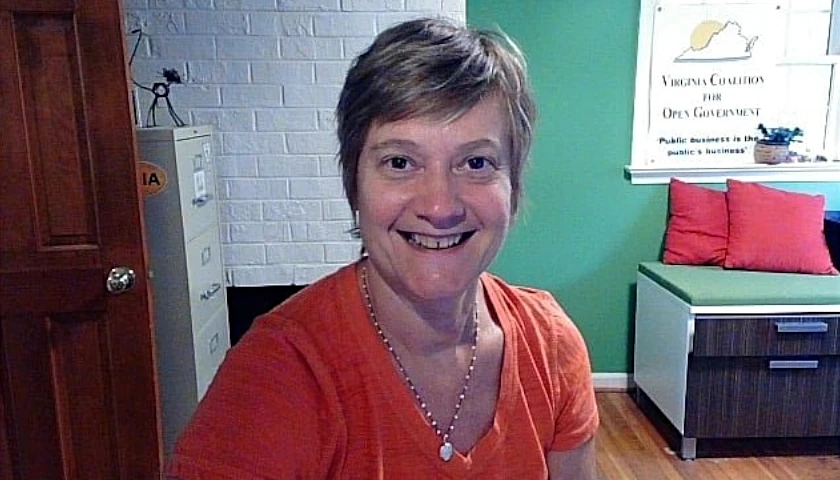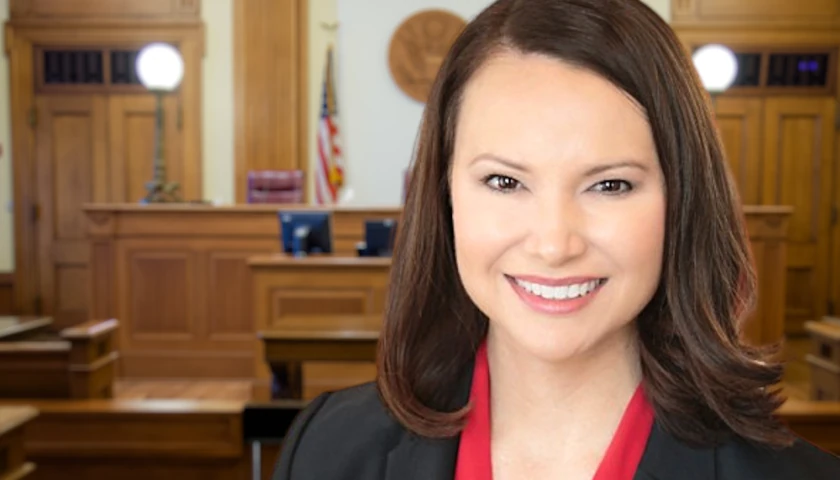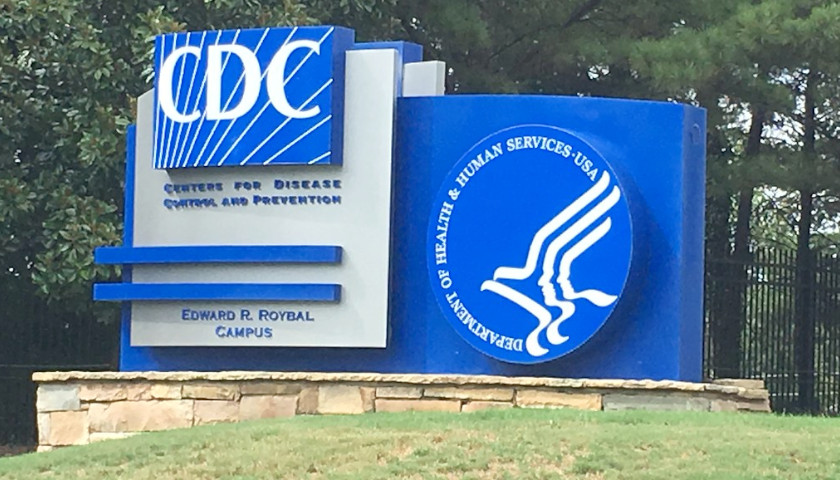by Morgan Sweeney
The Freedom of Information Act exists to promote governmental transparency, although it doesn’t always accomplish that end, according to the Executive Director of the Virginia Coalition for Open Government, Megan Rhyne.
And though Virginia’s not unique in that regard, it’s difficult to compare states’ open records laws because they can differ by many variables, according to Rhyne.
“The big picture is that Virginia’s law is not really any better nor any worse than any state,” Rhyne (pictured above) told The Center Square. “It’s like a play. If you gave a script to 10 different directors who had different budgets, different talent, different facilities, and different worldviews, you would get 10 different productions.”
Many open records laws might seem to guarantee transparency in most situations, but a deeper dive into the details—the length of time agencies are given to respond, the exemptions, and the interpretation of the law through state legal precedent—will likely reveal a number of ways governments can evade particular scrutiny.
In the commonwealth, government agencies have five business days to respond to a request, among the shorter of states’ required response times. Some states allow up to 20 days; some don’t mandate response time.
However, agencies can deny a request to a requester who doesn’t live in Virginia or, for media, if their publication doesn’t physically circulate in Virginia – a barrier for online publications.
“It just ignores the fact that there are so many people who don’t live in a state who nonetheless have an interest in the state. It’s presumptuous – and pretty arrogant, I feel – to act as if people don’t,” Rhyne said.
Virginia’s FOIA also applies to the executive and legislative branches – with some important exemptions – but through a combination of case and statutory law, it effectively doesn’t apply to the judicial. The coalition fought a ruling from a 2018 court case that determined FOIA didn’t apply to the judiciary’s administrative records by later proposing legislation countering the decision. But the legislation failed.
Consequently, the branch’s administrative arm has established rules that “purport to mirror FOIA for access to the judiciary, but which are far more restrictive,” according to Rhyne.
Another perhaps lesser-known feature of Virginia’s FOIA laws, which is a little easier to compare to other states, is the exemption of working papers for the state’s executive and legislative branches. Rhyne describes it as “very broad.”
The law defines working papers as “those records prepared by or for a public official identified in this subdivision for his personal or deliberative use.” In the commonwealth, it applies to the governor, lieutenant governor, attorney general, the state Legislature, cabinet secretaries, university presidents and local government heads.
Another peculiarity is that it includes their correspondence in the exemption.
“It goes on and on; there are so many people that can use it, not just for their working papers but for their correspondence. That correspondence part… has really swallowed this exemption. Other states don’t have that kind of broad application of anything similar,” Rhyne said.
Rhyne also said the commonwealth has “probably the worst access” to closed criminal investigative files. Though it’s not uncommon for states to attach fees to FOIA requests, Virginia is one of the few states that does not limit what can be charged for the labor required to process the request.
However, the final piece of open records laws comes down to application, which can vary greatly among government agencies and depend on an agency’s leadership and culture. Some can be very open, and others are very guarded.
“An institution’s culture, policies, and general approach to transparency can have a significant effect on how it responds to FOIA requests, including in matters such as using the full five working day response time and deciding whether to exercise discretion to release records that are otherwise exempt,” said Alan Gernhardt, executive director for the Virginia Freedom of Information Advisory Council, in an email to The Center Square.
Rhyne echoed that sentiment, saying, “if you get somebody who’s interpreting [the law] who really, really wants to withhold records, they’re going to find a way to do it.”
– – –
Morgan Sweeney is a staff writer covering Virginia and Maryland for The Center Square. Morgan was an active member of the journalism program as an undergraduate at Hillsdale College and previously freelanced for The Center Square.
Photo “Megan Rhyne” by Virginia Coalition for Open Government.





